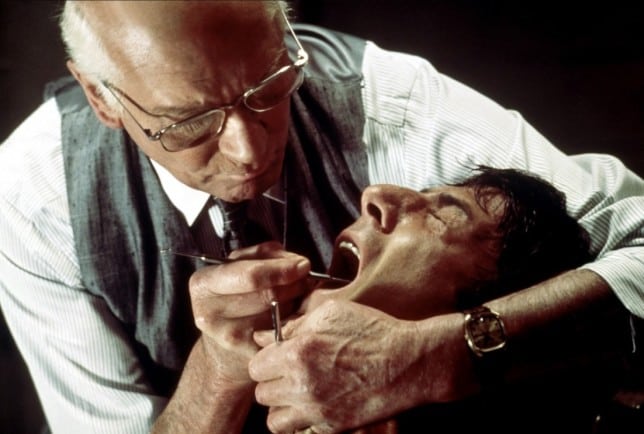One of the most common childhood phobias is that of the dentist. Dentists probably evoke more fear in children than any other healthcare practitioners — there is even a special term for such dread: odontophobia. Some people, too, retain that anxiety well into adulthood. Often the fear is so great that they refuse to see the dentist when they have an emergency — even when the problem becomes serious and requires more drastic treatment and costs more than it would have if the patient had not procrastinated. Like all phobias, that of the dentist can be overcome by following some simple guidelines, as outlined below.
Find a good dentist
The vast majority of adults who fear dentists have bad experiences with them. Maybe previous practitioners were uncaring or unskilled. That is why it is important to choose a dentist who is both patient and competent and who cares about your experience. He or she should also be somebody who tries to make every checkup as pain-free as possible. Ask your family members and friends for recommendations. The ideal dentist will tell her patients in advance what she is going to do so that the patient knows what to expect, and will consequently be less anxious.
Sedation
All good dentists use sedation to ease both the physical pain and the nervousness their patients feel. Your dentist may prescribe anxiety-reducing medications to be taken just before an appointment or recommend nonprescription medication. Ask your dentist about such drugs.
After several appointments, you should be well acquainted with the routine and your anxiety should therefore fade away. If your dentist proves to be unwilling to talk about your fear or do anything to help alleviate it, that is a sign for you that it is time to seek out a new practitioner.
Know, too, that there are dentists who specialize in helping those with odontophobia, often by giving them calming medications or even using inhalation sedation (patient-controlled nitrous oxide gas) during more involved treatment procedures. Such a practitioner might be best for you.


